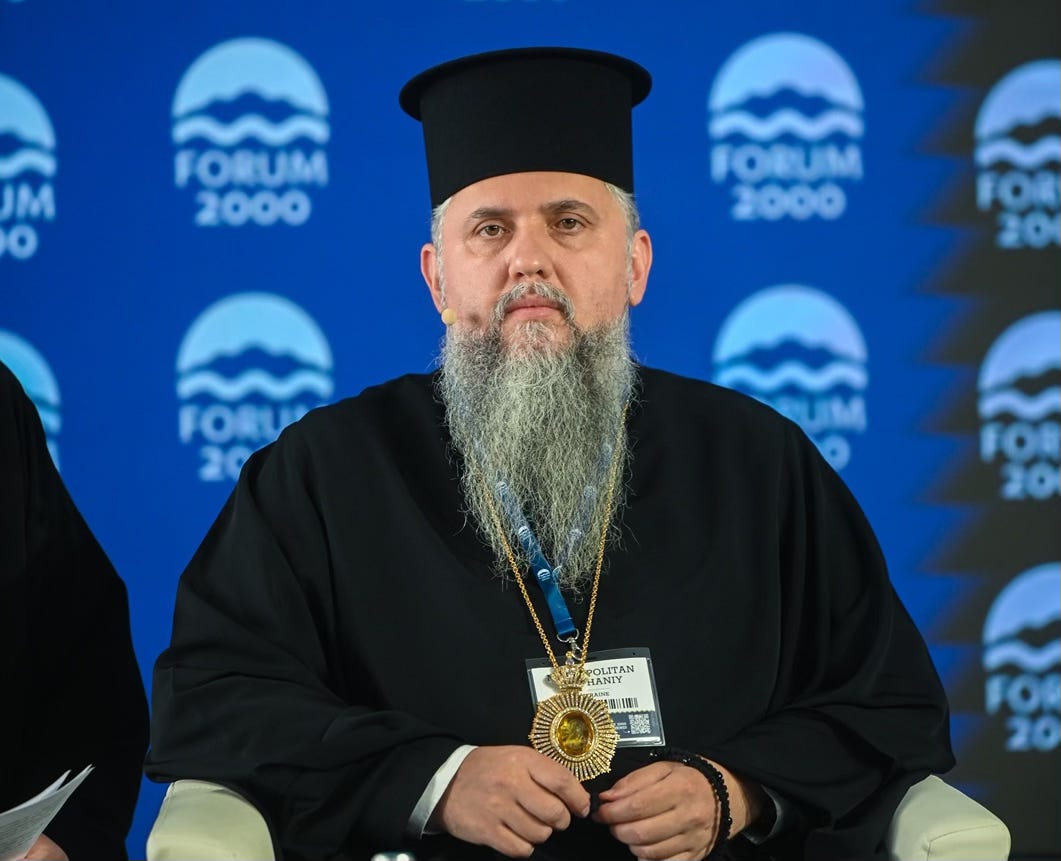Russia is fake ‘defender of traditional Christianity’, says Ukraine Orthodox leader
“In the Euro Atlantic space, Russian propaganda promotes the narrative of this war as a purportedly forced defence of ‘traditional values’ against the advance of ‘godless liberalism’,” says Metropolitan Epifaniy
The Primate of the independent Orthodox Church of Ukraine deplored Russia’s insistence on using r…
Keep reading with a 7-day free trial
Subscribe to Divine Diplomacy to keep reading this post and get 7 days of free access to the full post archives.



